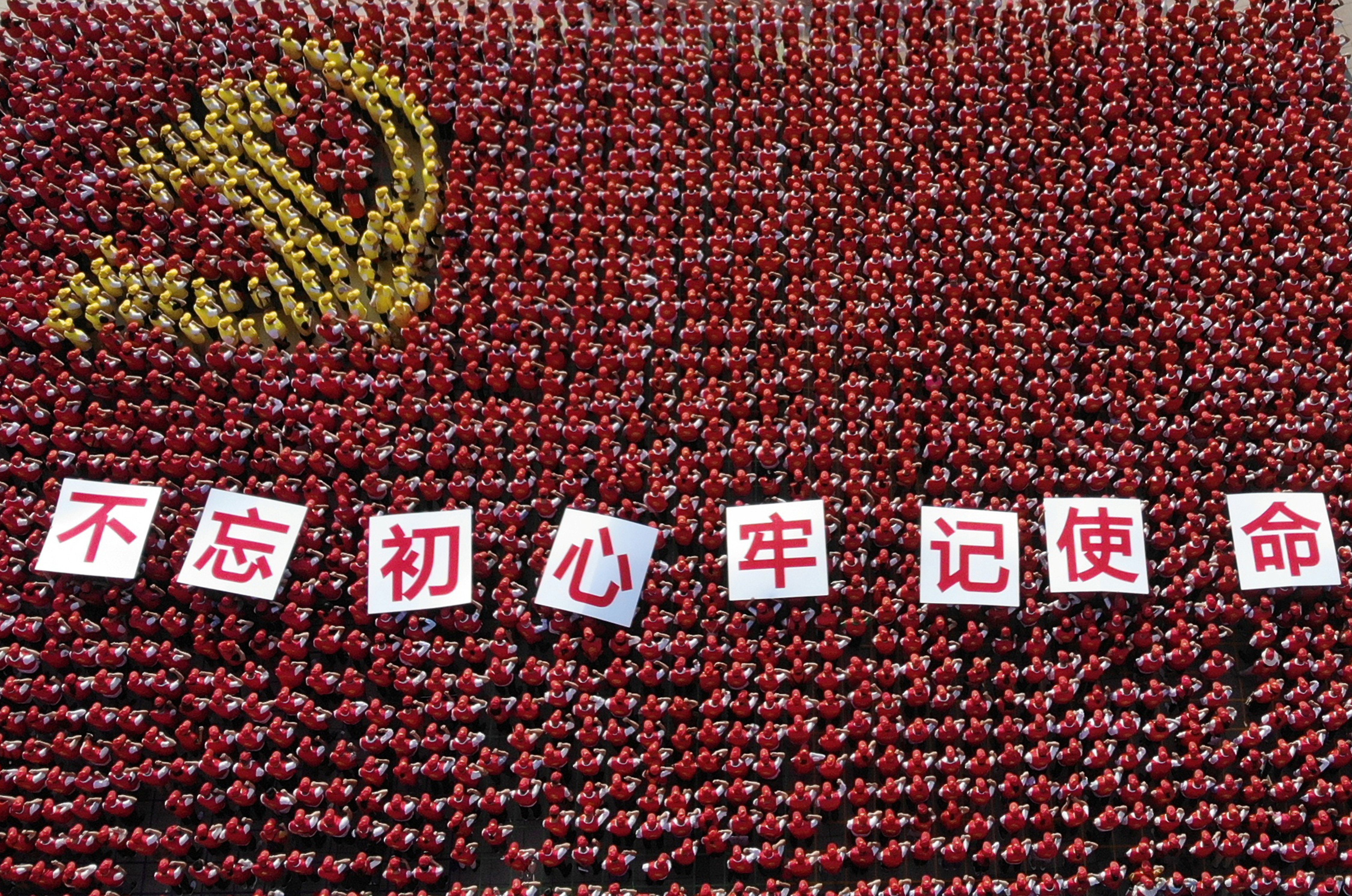October 28, 2019
China's leaders chewing the fat - The elite of China's ruling Communist Party have convened for a four-day plenum in Beijing, where they'll set the country's policy agenda for the year ahead. Held behind closed doors to avoid leaks, these plenums have traditionally delivered China's most consequential policy proposals: in 2013, China relaxed its one-child policy and unveiled a fresh economic reform agenda. Last year's plenum removed presidential term limits, allowing President Xi to stay in office indefinitely. This year the stakes couldn't be higher. Beijing is facing its slowest growth in three decades, feeling headwinds from the trade war with the US, and a political crisis in Hong Kong rivaling 1989's Tiananmen Square protests. As the world's second biggest economy grapples with these challenges, we're watching to see what new policies emerge in the weeks and months ahead.
The cratering of Europe's political centre - Two big regional elections in Europe over the weekend showed fringe parties continuing to win at the expense of the centre. In the central Italian region of Umbria, Matteo Salvini's anti-immigrant Lega party thrashed a candidate supported by the current 5-Star/Democratic Party-led coalition government, marking the first time since the 1970s that the centre-left has lost Umbria. Meanwhile, in the eastern German state of Thuringia, the far-right Alternative for Germany, whose local leader wants to scrap Holocaust remembrances, eclipsed Merkel's centre-right CDU to become the second-most powerful political force in the state behind the hard left Die Linke (The Left) party. In both cases, the gains spell potential trouble for increasingly-fraught centrist coalitions in national government. Next up: Spain, where the Vox party and People's Party continue to gain ground in the polls ahead of national elections next month.
What We're Ignoring:
An anti-corruption campaign waged from a Bentley - Last year the government of Papua New Guinea angered taxpayers by spending more than $135 million on preparations for hosting the APEC summit, a yearly gathering of Asia-Pacific world leaders. The expenses included some 300 cars, among them several dozen Maseratis and Bentleys. The government of Prime Minister James Marape, who came to office on a bid to stamp out graft, pledged to sell the rides afterwards, but that tender process – shocker – hasn't moved forward. Now the PM is awarding himself a Bentley. And in true "for my friends, everything" style, he's also sending a car (not a Bentley or a Mas) to each of the 111 members of the Papuan Parliament, too.
More For You
After the US captures Nicolás Maduro, is Venezuela headed for stability, or chaos? Ian Bremmer talks to Senator Ruben Gallego and Frank Fukuyama about what comes next.
Most Popular
Think you know what's going on around the world? Here's your chance to prove it.
Passengers enter a shared taxi in Dnipro, Ukraine, on January 8, 2026. Following a massive Russian drone attack on the energy infrastructure of Ukraine’s southern regions, most consumers in Dnipropetrovsk and Zaporizhzhia regions, including the regional capitals, were left without power.
Mykola Miakshykov/Ukrinform
© 2025 GZERO Media. All Rights Reserved | A Eurasia Group media company.
